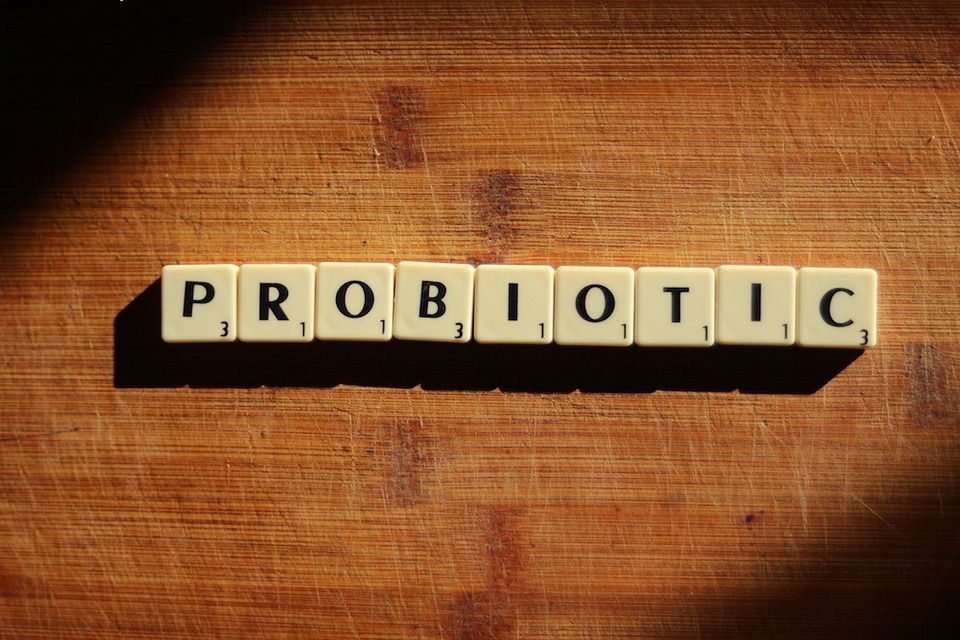Aging is a natural process that we all experience, but there are steps we can take to support healthy aging and slow down the aging process. One way to do this is by incorporating probiotics into our diets. Probiotics are beneficial bacteria that can improve gut health and support overall wellness, which can have a positive impact on the aging process. In this article, we’ll explore the relationship between probiotics and aging and how probiotics can help support healthy aging.
The Effects of Aging on the Gut Microbiome
As we age, our bodies undergo several changes, including changes to the gut microbiome. The gut microbiome is home to trillions of microorganisms, including both beneficial and harmful bacteria. As we age, the balance of bacteria in the gut can shift, which can lead to a range of digestive issues, including constipation, diarrhea, and bloating. In addition, changes to the gut microbiome can also impact immune function and overall health.
How Probiotics Can Help Support Healthy Aging
Probiotics can help to support healthy aging by promoting a healthy balance of bacteria in the gut and supporting immune function. Here are some of the ways that probiotics can help:
1. Supporting Digestive Health
Probiotics can help to support digestive health by promoting a healthy balance of bacteria in the gut. This can reduce the risk of developing digestive issues such as constipation, diarrhea, and bloating.
2. Boosting Immune Function
As we age, our immune function can decline, which can increase the risk of developing infections and other health issues. Probiotics can help to support immune function by promoting a healthy balance of bacteria in the gut and reducing inflammation in the body.
3. Improving Nutrient Absorption
As we age, our bodies may become less efficient at absorbing key nutrients such as vitamins and minerals. Probiotics can help to improve nutrient absorption in the gut, which can support overall health and wellness.
4. Reducing Inflammation
Inflammation is a common symptom of aging and can contribute to a range of health issues, including cardiovascular disease, diabetes, and arthritis. Probiotics can help to reduce inflammation in the body by promoting a healthy balance of bacteria in the gut and reducing the production of inflammatory compounds.
The Best Probiotic Strains for Healthy Aging
Choosing the right probiotic strains is crucial when it comes to supporting healthy aging. Here are some of the best probiotic strains for healthy aging:
1. Bifidobacterium lactis
Bifidobacterium lactis is a probiotic strain that can help to support digestive health and immune function. This strain is particularly effective for reducing inflammation in the body and improving nutrient absorption.
2. Lactobacillus acidophilus
Lactobacillus acidophilus is a common probiotic strain that can help to support digestive health and reduce inflammation in the body. This strain is particularly effective for reducing symptoms of lactose intolerance.
3. Lactobacillus rhamnosus GG
Lactobacillus rhamnosus GG is a probiotic strain that can help to support immune function and reduce inflammation in the body. This strain is particularly effective for reducing symptoms of atopic dermatitis, a common allergic condition.
How to Incorporate Probiotics into Your Diet
Incorporating probiotics into your diet is easy and can be done in several ways. Look for probiotic-rich foods, such as yogurt, kefir, and sauerkraut. You can also take probiotic supplements orally to support your gut microbiome and overall health.
Final Thoughts
Probiotics can be a valuable tool in supporting healthy aging by promoting a healthy balance of bacteria in the gut and supporting immune function. By choosing the right probiotic strains and incorporating them into your diet, you can support optimal health and wellness as you age. However, as with any supplement or dietary change, it is important to consult with your healthcare provider before incorporating probiotics into your routine, particularly if you have any underlying health conditions or are taking any medications.






